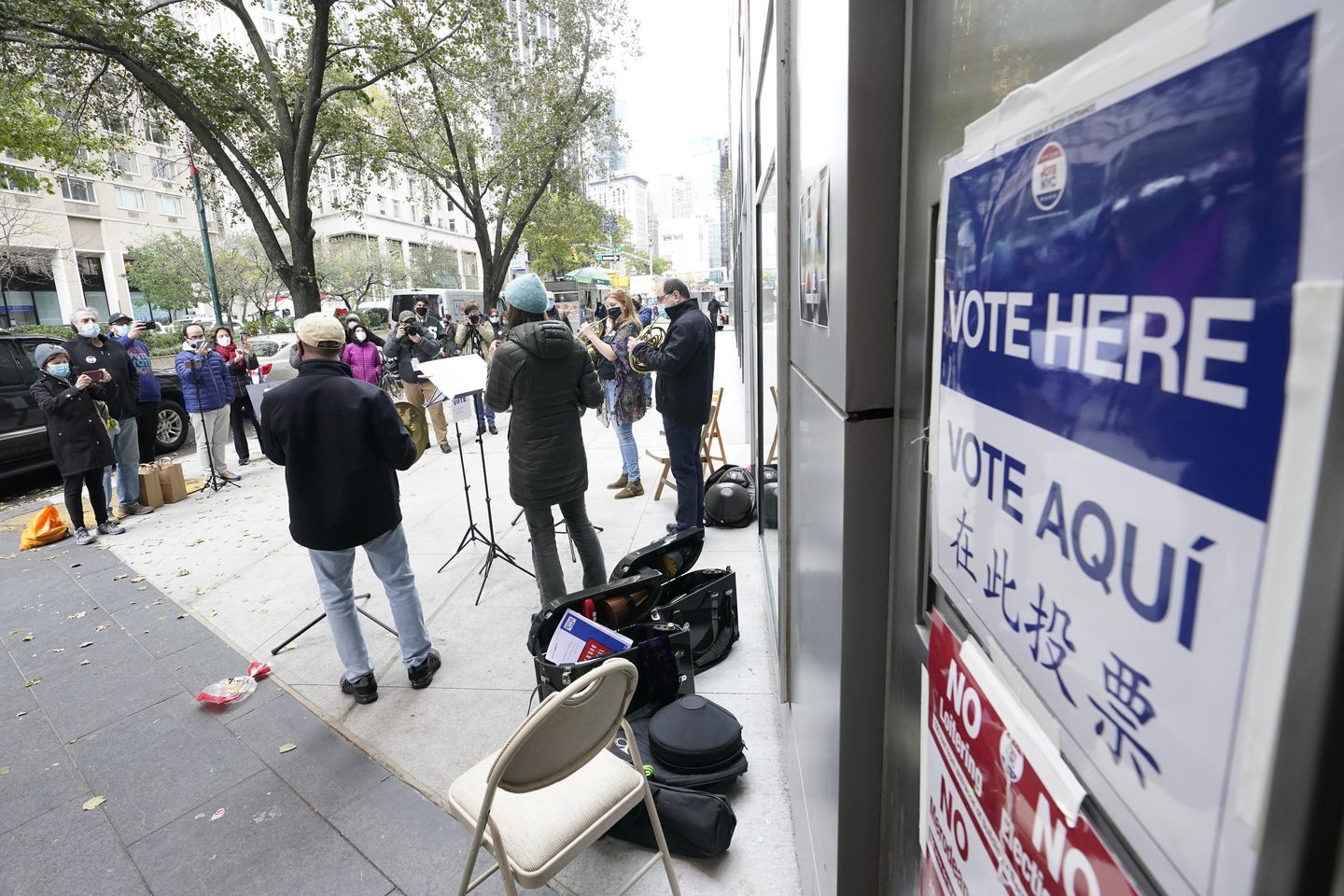
Federal prosecutors have filed a charge against an Iraqi citizen, accusing him of illegally voting in the 2020 election.
The misdemeanor charge was filed Friday against Akeel Abdul Jamiel, 45, in northern New York, accusing him of casting the ballot in Saratoga County.
Prosecutors said he “knowingly” cast the ballot despite not being eligible.
Few other details were revealed, and the charge was lodged by way of criminal information, often a sign that prosecutors and a defendant are working on a plea deal.
“This defendant’s alleged crimes are an insult to the democratic process and demonstrate his blatant disregard for the sanctity of American constitutional rights,” said Erin Keegan, special agent in charge at Homeland Security Investigations’ Albany office.
No lawyer for Mr. Jamiel was listed in court records Monday.
The Justice Department credited President Trump’s Department of Government Efficiency for assisting in the investigation.
The charge is the latest in a string of cases federal prosecutors have brought over the past year against noncitizens accused of voting illegally.
Last month, an illegal immigrant in Florida, Carlos Abreu, pleaded guilty to illegally voting in the 2022 election under a stolen identity.
And in January, Angelica Maria Francisco, another migrant, was sentenced to five years in prison for using a stolen identity to assume the life of a citizen, living and voting in Alabama.
Liberal voting rights groups argue the issue of illegal noncitizen voting is overblown, and it almost never happens.
Conservative experts say relatively few states have actively gone looking for it. They also argue that cases of stolen identity, such as happened with Abreu and Francisco, are difficult to spot because the identity casting the ballot is real.
Federal prosecutors in Florida also announced they had wrangled a guilty plea last week from an Uzbekistan man on a charge of conspiring to submit fraudulent voter applications in Pinellas County.
Sanjar Jamilov admitted to taking part in a plot to submit more than 100 registrations of fabricated identities in 2023. The county detected the fraud and diverted the applications.
The plea agreement suggests that the identities were being created and used for other purposes, such as opening bank accounts and obtaining fraudulent loans.








